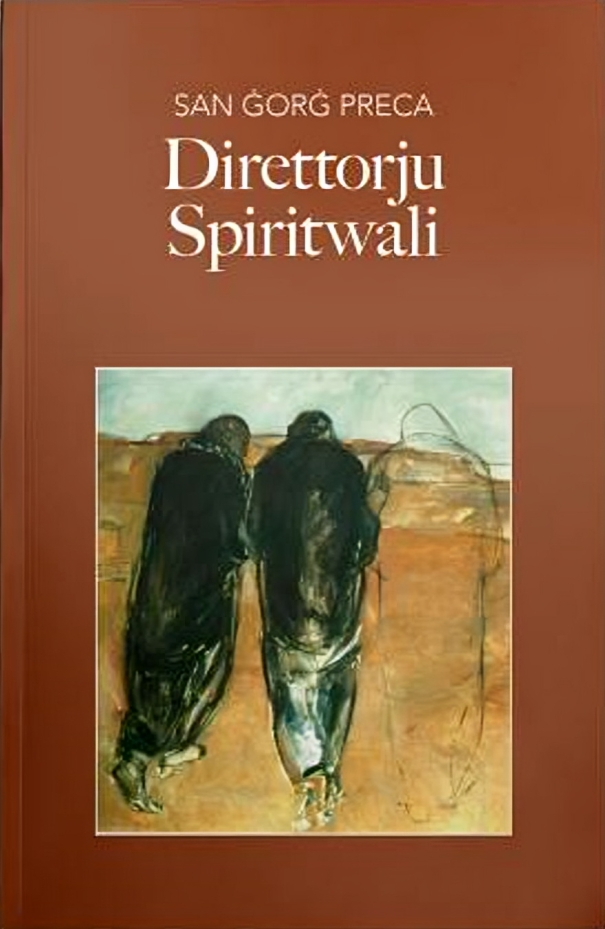St George Preca was aware that he had a divine calling to teach the people of God. He lived in Malta, but his heart was open to the world. That is the meaning of the acrostic M.U.S.E.U.M. – Magister utinam sequatur Evangelium universus mundus: Master, may the whole world follow the Gospel. St George Preca lived before the Second Vatican Council of 1962-65, but his vision went beyond any time frame.
Preca fulfilled the ministry of teaching through various means and forms. He preached, he counselled, he comforted, he spent hours hearing confessions, and he prayed incessantly. But he also believed enormously in the written word: he spent hours writing.
Preca himself read avidly. Apart from the Bible, and particularly the New Testament, which he almost knew by heart, he was conversant with the main writings of the eminent Masters of spiritual life. Though his spiritual and theological formation is marked by the common trends of his times, some insights and emphases are specifically his, they are marks of his charism.
The Direttorju Spiritwali (Spiritual Directory) can be seen as a compendium of Fr Preca’s most common counsels and directives, that is, of his spirit. Some of the “Directives” appeared in print, as sixteen-page pamphlets, between 1954 and 1960, two years before his death. In 1988 the book, containing all the 605 directives, was printed for use by the SCD members and by the general public. The content of a few of the directives must today be nuanced somewhat to reflect the Church’s updated teaching. But, for the greatest part, they all reflect the radical spirit of the Gospel which disciplined the life of Preca to sanctity. Hence it is good reading for us all.
These are some directives found in the Direttorju Spiritwali (Spiritual Directory):
Whoever stands should be careful not to fall. You would be really deceiving yourself if you believe that when you are strong in virtue you cannot stumble. Could you ever imagine that Solomon with all his wisdom would fall, or that David with all his saintliness should fall also? It is fear thatQ should make us shudder.
Study so as to arrive to knowing God from the works of His hands. If the sea instils fear in you, how much more is God to be feared! If a star is beautiful,¡ how much more beautiful is God who created it! If a father is merciful towards his own children, how much more is God who encourages the heart of man. If a mother loves her own children, how much more does God love His children! And so on.
God does not love anyone except him who loves good learning. A good instruction is the source of all benefits. No one can lead a good life, if one does not seek to be instructed. Everyone is bound to learn, for one is bound to fulfil one’s duties. So whoever is careless about learning should expect eternal damnation.
The resolution or the intention not to sin any more in future should be solid, firm, and efficacious, that is, that you would do all you can not to sin any more, particularly to avoid the proximate occasion of sin. Your resolution should also be universal, that is, that you would not commit any sin voluntarily.
Our neighbour in this world is an occasion for us either for our eternal salvation or for our eternal dakmnation. Through our neighbour we exercise ourselves in love, and so we are blessed. But alas for us if we hate even one person, for that person is the image of God, and if we hate him we would be hating God.



